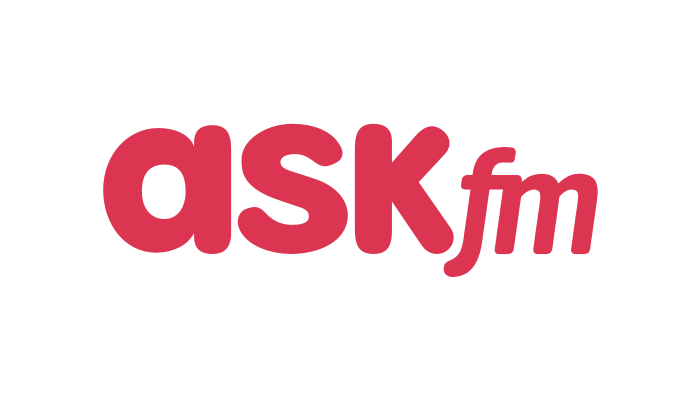
Questions about questions – the Ask.fm platform wants to provide answers to the many questions of everyday life.
In a nutshell:
What is ask.fm?
ask.fm is a social network where users can ask each other completely arbitrary and individual questions. It is a worldwide community and available in 49 languages. The questions and answers are publicly viewable on the respective profile for everyone, that is, for registered, but also for non-registered members. Answers can be given in the form of text, photos and videos. Questions can either be written anonymously without a member account or with a user or member account. Clear names are provided. Even then, a checkmark can be placed next to “Ask anonymously”. The public question and answer game makes it possible to communicate with strangers as well.
Users can follow each other and get the other person’s new post displayed on their own feed.
What particularly fascinates children and young people about the offer?
Social networks offer children and young people the opportunity to try out, present themselves and test their effect on others. In particular, the platform ask.fm can also be compared to a kind of digital “friend book” – the principle of the question-and-answer game has been very popular in many generations and has now also moved to the web. The interest and attention in one’s own person can be appealing to children and adolescents. The option of being able to ask other users questions anonymously also gives the impression of being able to ask seemingly bolder and more honest questions.
What is problematic about the offer?
ask.fm is linked to cyberbullying and subsequent teen suicides. The possibility of anonymous posting, i.e. writing and commenting on posts without mentioning a name or profile, lowers the inhibition threshold for cyberbullying and makes it easy for perpetrators to insult, harass, coerce or sexually harass other users without being detected.
The creation of a profile and especially the answering of questions can tempt people to reveal personal data about themselves, which is then visible to everyone. Users must be aware that their profile as well as their posts can also be accessed via the network ask.fm are accessible to the public beyond the ask.fm network and that the potential audience is not manageable. Search engines like Google, partner of ask.fm and other third parties may also collect data from ask.fm may receive data from ask.fm. Linking the profile to Facebook, Instagram, X or vk.com also harbors data protection risks.
Moreover, the security and usage settings can be easily bypassed. ask.fm is only officially available to young people over the age of 13, and minors may only use it with their parents’ consent. However, this is not verified in any way.
Likes and followers make your own profile more attractive. In addition, in the past for this purpose have collected gifts that were displayed in the profile. However, these gifts were chargeable! In addition, they were sometimes offered in exchange for a sexually charged image or video response.
What does the provider think?
According to the provider, users should use the platform according to the following golden rule: Treat other users as you would like to be treated yourself.
ask.fm points out by means of a specially installed “security center” (https://safety.ask.fm/?lang=de) points out dangers and risks.
There are some functions with which ask.fm offers protection measures and help options for users:
When asking a question, non-registered users must also place a check mark next to “I agree to ASKfm terms of use and I am at least 13 years old. I promise to be polite :)” confirm.
What should parents pay attention to?
If your child wants to use ask.fm, you should discuss with them in advance what exactly they are looking for there. By doing so, you will create and foster your child’s trust so that they will turn to you when they experience something unpleasant.
Also, go over the privacy policy and terms of use together. Point out the risks of the platform to your child and explain why he or she should not provide personal information on the social network. As in any social network, the same applies here: Think first, then post! Together, think of a nickname for your child, that does not allow any conclusions to be drawn about the identity of your child. Your child should also know about the following functions: